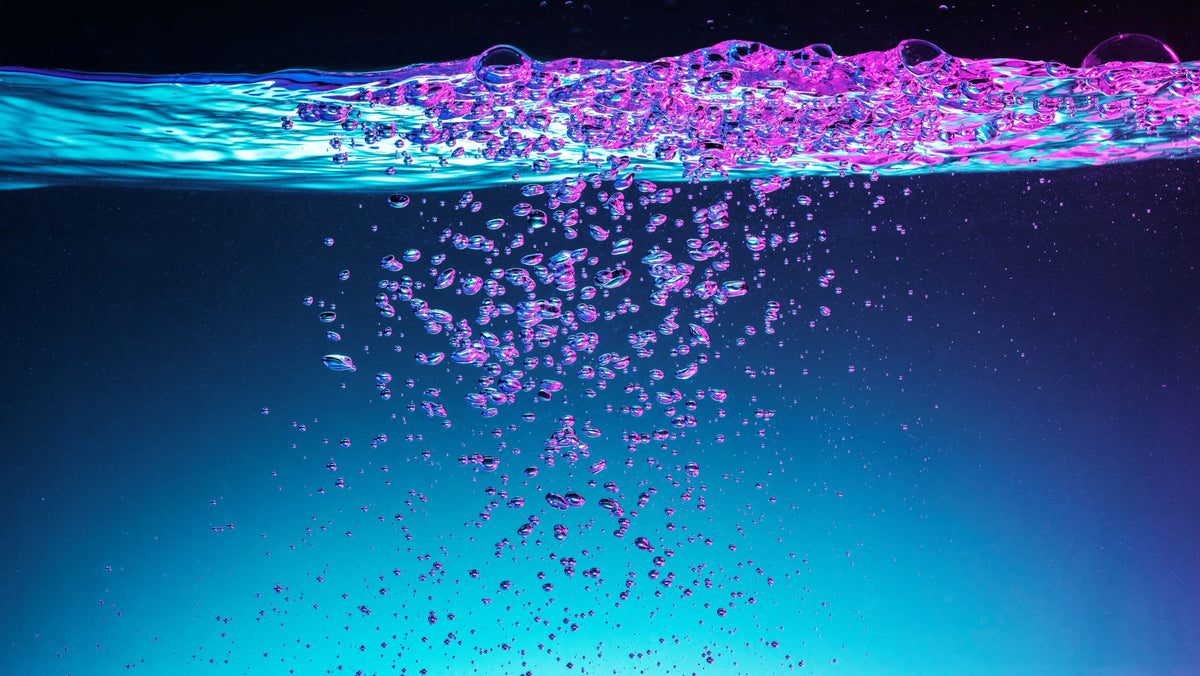Tap Water to Distilled Water - How To Do It

How to Change Tap Water to Distilled Water
Water. Today there are so many “types” of water. To the ordinary person, the names themselves can be confusing.
Two terms commonly heard are distilled water and filtered water. Let’s take a look at them both.
Distilled Water
Distilled water is water that has had its impurities removed through the process of boiling and evaporation. This water is incredibly pure, in addition to removing minerals, it also kills any bacteria that is present.
Did you know that you can change tap water to distilled water in your home? Surprisingly, the process is relatively simple. First, gather your materials. To distill water you will need two pots (one large with a lid and one small,) potholders, water, ice, and access to your stove.
Next, add 8 cups of water to the large pot on the stove, and place the smaller pot inside of it. It will look as if it is floating - don’t worry, this is perfect. You want to make sure there is plenty of space between the two pots, both around the sides and at the top. This is where your water vapor will circulate.
Now, turn on your stove. You want the water to stay at a simmer (between 180-200 degrees). You can boil it, but your pots will get super hot and difficult to handle. Once your stove is on, put the lid of the big pot on it - UPSIDE DOWN. And then fill the top of the lid (the upside part) with ice. This helps expedite the condensation process.
You will want to keep an eye on your ice, it may need to be replaced. If it's all melted, be careful when replacing it; the lid is going to be super hot.
After about an hour you can take a look inside the pot. The water that has accumulated in the smaller pot (should be a little more than a cup) is distilled. Granted, this is not a lot of water but is very pure. And, you can certainly continue to add water and your output will increase.
Filtered Water
Filtered water, on the other hand, is water that has passed through a whole house filtration system, a single faucet filter, or even a filter in a water bottle or pitcher. The filtration process removes chemicals and metals. Water that has been filtered tastes and smells clean and fresh.
However, filtered water does have traces of certain minerals that are important to your overall health. These include magnesium, calcium, and potassium.
Which Is Better?
In the end, “better water” is situation-dependent. For example, hospitals, certain manufacturers, and even breweries may need distilled water for their operations. That said, in terms of general drinking, filtered water tends to taste better than distilled water and is better for you. Relying solely on distilled water for your hydration could end up robbing your body of necessary nutrients.
While you can distill water from your tap water, at home, for virtually no cost, the investment of a water filter is likely a good one, especially if you value clean and fresh water. There are many options available on the market today. Take some time and research them.
Isopure Water, a retailer of water filtration systems, is proud of its extensive inventory. The company’s knowledgeable customer service representatives can help you answer your questions regarding your personal needs. They invite you to contact them at (877) 541-6603.




